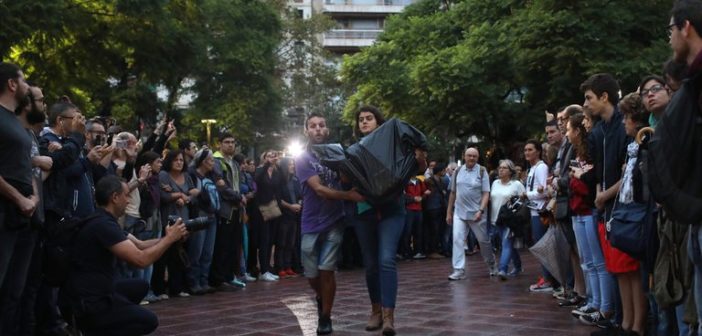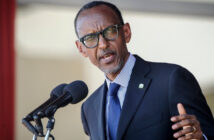Amidst police crackdown and in defiance of Madrid, the people of Catalan today are voting on an independence referendum.
The turnout by thousands, young and old, was an extraordinary show of determination in the face of a steady drumbeat of threats from the government in Madrid, which considers the referendum unconstitutional and had ordered the police to seal public facilities to prevent voting.
Officials had repeatedly warned that schools and other polling stations must be empty by 6 a.m., three hours before voting was to begin, and voters spent the pre-dawn hours checking television stations to see whether troops had been deployed. Many had slept overnight in the buildings to make sure that they would be open.
But the 6 a.m. deadline came and went with no sign of police action. In some places, police from the Catalan force, known as Mossos, watched voters stream in but made no move to interfere with them.
Madrid has sent thousands of police officers from other parts of Spain, who have been garrisoned in ships off Barcelona and other major ports, but they did not interfere with the early efforts by civilians to go through with the vote.
Catalans are voting not only without backing from Madrid, but also without any sign of support from the European Union or other important players in the international community, and in makeshift conditions, using a disputed census as the voting list.
The government of Catalonia, an autonomous region in northeastern Spain, passed laws last month to approve the referendum, and Spain’s prime minister, Mariano Rajoy, warned that Spain would use all possible means to stop it.
Recent opinion polls suggest that slightly less than half of Catalonia’s 7.5 million people support separation from Spain, but separatist parties won a majority in the region’s Parliament in 2015 and their influence has grown.




